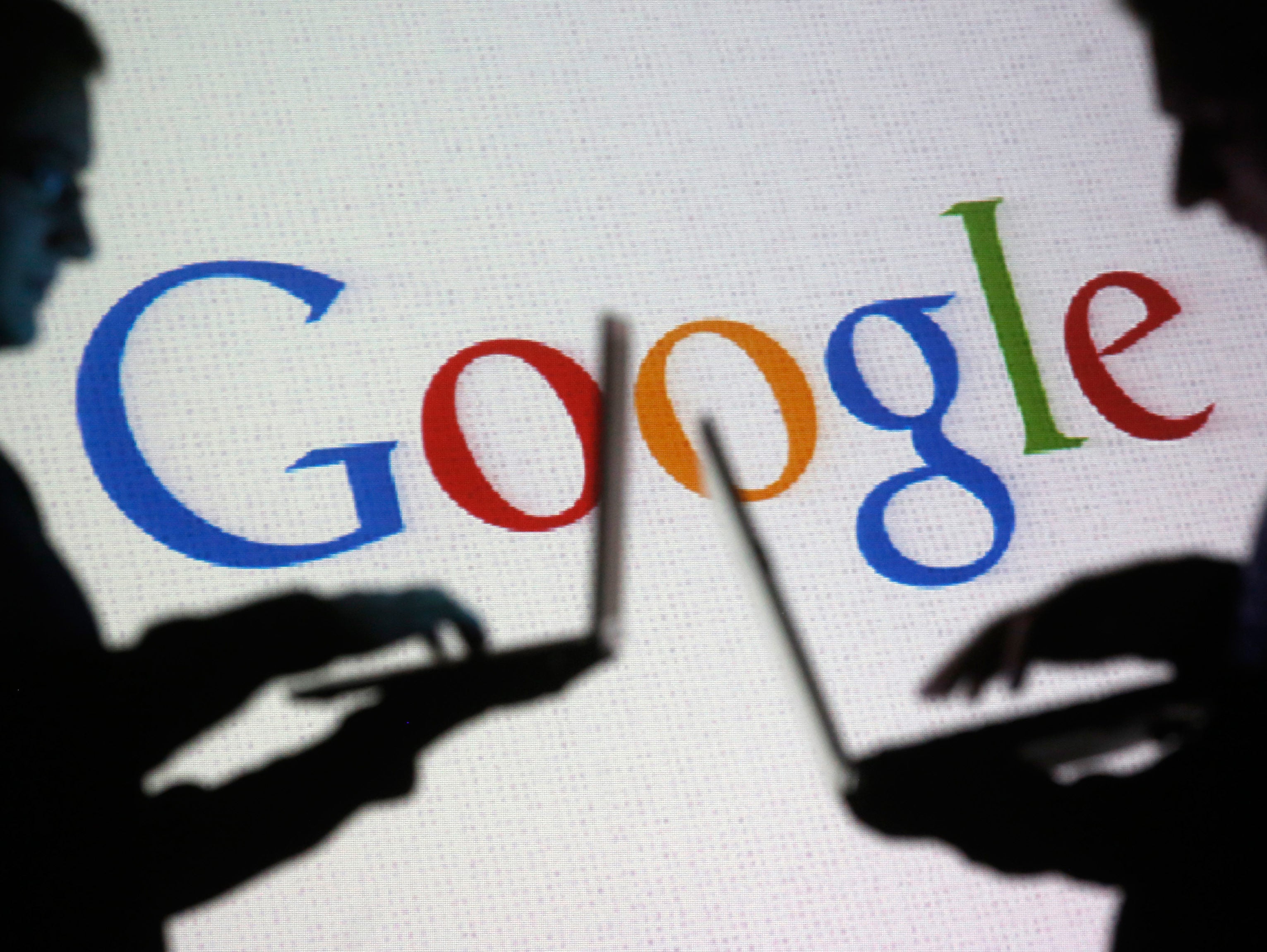
Members of the European Parliament have voted in favour of a change to copyright law that publishers say will help them stop Google from copying and indexing their content without permission.
The European Parliament’s Committee on Culture and Education and the Committee on Industry, Research and Energy have backed proposals that the “neighbouring right” of copyright should be extended to publishers.
According to the European Publishers Council this move would mean that tech companies like Google would be unable to copy and index newspaper websites without permission.
The neighbouring right already applies to film and music producers and means that the owners of the productions are able to assert their copyright over all the original material contained.
According to the EPC, extending the rule to newspapers would make it much easier for them to assert their rights over all the articles, photos and videos they publish.
It said in a statement that the move by MEPs “acknowledges the role that press publishers play in our precious democracy”.
The European Publishers Council’s executive director Angela Mills Wade said: “The EPC welcomes the recognition by MEPs that the neighbouring right for press publishers would help create a fairer digital eco-system whereby consumers can access and enjoy our content 24/7 on multiple platforms and where tech companies and other businesses can use and distribute our content with permission and on mutually beneficially terms.
“The neighbouring right is crucial: in an era of fake news, publishers need to be economically viable to perform their essential role in society, providing eye-witness accounts, unearthing the truth, calling authorities to account and able to pay for quality investigative journalism.”
She added: “We welcome the additional amendments adopted MEPs which put the press publishers more closely on a par with other neighbouring rightholders so they benefit from all the EU harmonised rights relevant to publishers for both online and print publications.
“Furthermore, in the wake of the scaremongering that readers will no longer be able to share links and articles for non commercial purposes or post to social media, important amendments were adopted to clarify that this activity will continue as today perfectly legally.”
The neighbouring right proposals still have to go to member states for approval and are likely to come into force before the UK leaves the EU. They also have to be cleared by a final committee of MEPs which will vote in October.
According to the EPC the moves would make it:
- easier to prevent the routine copying, re-use and monetisation of publishers’ content without permission
- easier for start-ups to base their business model around using content legally
- easier to bring companies wishing to use publishers’ content to the table to negotiate agreements
- easier to prove to tech giants that publishers’ content is not theirs for the taking without agreements
- easier to take legal action against copyright infringers.
Press Gazette’s Duopoly campaign seeks to highlight concerns that Google and Facebook are squeezing news publishers out of business by taking nearly all the online advertising in the UK.
Last year they are reckoned to have taken more than £6bn of the £10.3bn spent on digital advertising in the UK.
Email pged@pressgazette.co.uk to point out mistakes, provide story tips or send in a letter for publication on our "Letters Page" blog

